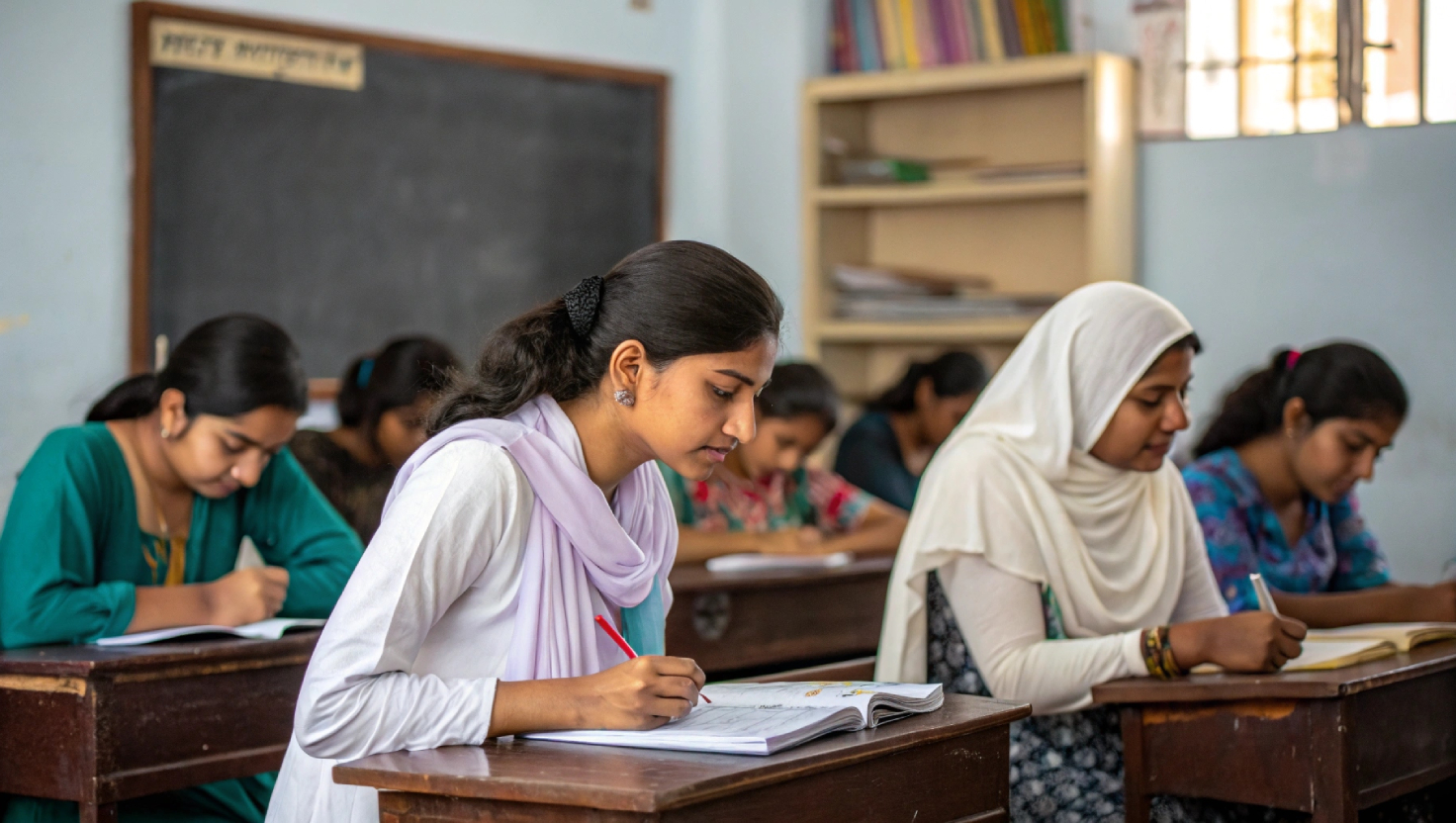
Placement-Linked Training Programs For Women
Women’s participation in India’s workforce has long been a topic of discussion, yet systemic barriers continue to limit access to meaningful employment. While education levels among women have improved significantly, the transition from learning to earning remains a challenge. Placement-linked training programs are emerging as a catalyst for change, equipping women with industry-relevant skills and ensuring direct employment pathways. These programs are not just about training—they are about building sustainable careers and reshaping workforce dynamics.
Bridging the Skills-to-Jobs Gap
The shift from education to employment is often riddled with skill gaps, particularly for women. Many job-seeking women possess formal qualifications but lack industry-specific expertise, practical experience, or access to structured career guidance. Placement-linked training programs address these gaps by integrating:
- Demand-driven skilling: Programs are designed in collaboration with industries to ensure training aligns with current job market needs.
- Hands-on learning: Internships, apprenticeships, and on-the-job training allow women to gain practical exposure, increasing their employability.
- Placement assurance: Unlike traditional vocational courses, these programs prioritize direct employment upon completion, reducing the uncertainty of job searches.
Across various sectors—including healthcare, BFSI (Banking, Financial Services, and Insurance), IT, and manufacturing—these training models are proving to be a game-changer for women seeking stable, growth-oriented careers.
Women Empowerment Through Industry-Aligned Training
Empowerment is not just about employment; it is about sustainable, long-term career growth. Traditional workforce structures often restrict women to low-paying, informal, or part-time roles. Placement-linked training programs actively counter these trends by:
- Encouraging participation in high-growth sectors: Women are increasingly trained for roles in emerging industries such as cybersecurity, digital marketing, and data analytics.
- Breaking stereotypes in male-dominated industries: Programs are equipping women with skills for technical and leadership roles in fields like engineering, logistics, and AI.
- Promoting financial independence: Stable employment through these programs ensures consistent income, benefits, and career progression opportunities.
India’s women empowerment programs are now placing a stronger emphasis on industry alignment, ensuring that trained candidates are not just employable but also set up for sustained career mobility.
Trends Shaping Placement-Linked Training for Women
As the employment landscape evolves, so do the approaches to training. Some key trends include:
- Hybrid learning models: A blend of online and offline training is making skill development more accessible to women, particularly in semi-urban and rural areas.
- Micro-credentialing and modular courses: Short-term, focused certifications allow women to upskill without committing to long-duration programs, making them more adaptable to job market demands.
- Increased corporate participation: More organizations are investing in placement-linked programs as part of their DEI (Diversity, Equity, and Inclusion) and CSR initiatives, leading to better employment linkages.
- Entrepreneurial training: In addition to job placements, some programs are equipping women with skills to start their own ventures, expanding career possibilities beyond traditional employment.
These shifts indicate a broader commitment to making jobs for women more accessible, stable, and diverse.
Building a Future of Economic Independence
Placement-linked training programs are not just interventions; they are pathways to economic resilience. By integrating skill-building with direct employment opportunities, these programs ensure that women are not merely participating in the workforce but thriving within it.
To amplify impact, the focus must remain on scalability, industry collaboration, and policy support. With continuous innovation in training models and stronger workforce linkages, women across India are stepping into roles that redefine their economic and social standing. The journey ahead is about more than just skilling—it’s about shaping a future where every woman has access to meaningful and sustainable employment.




